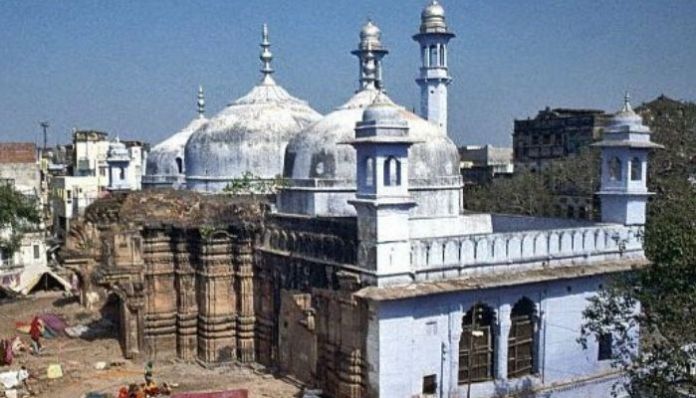Hindu Sanghathan has filed a petition challenging Section 4 of the Place of Worship, Act, 1991, Know about the Act.
A Hindu institution has moved to Supreme Court challenging, Places of Worship (Special Provisions) Act, 1991 law, which provides for maintaining the religious character of holy places other than Ram Janmabhoomi in Ayodhya, as it was on 15 August 1947.
The Vishwa Bhadra Pujari Purohit Mahasangh has filed a petition challenging Section 4 of the Place of Worship (Special Provisions) Act, 1991.
This act holds special significance in the case of Kashi and Mathura, where there are two disputed mosques. The law also prohibits the conversion of any temple into a mosque and vice versa. The said petition is being seen as a way to initiate a lawsuit to claim other disputed shrines other than the Ram Janmabhoomi in Ayodhya. The petition states that Parliament cannot deprive Hindus of the right to take back their religious places through judicial process.
The apex court in a unanimous 5-0 decision on November 9 last year supported the construction of the temple by a trust at Ram Janmabhoomi in Ayodhya. The court had ruled that an alternative five-acre plot should be given for the mosque. Not only this, the Constitution Bench had also said on this law of 1991 that it has been created with the intention of preserving the secular nature of Indian governance.
The 1991 Act was also interpreted by a five-judge bench headed by the then Chief Justice of India Ranjan Gogoi. It had said that this law is a legislative instrument, designed to protect the secular character of the Indian polity, which is one of the basic features of the Constitution. The PIL filed by the federation sought to declare Section 4 of the 1991 Act as ultra vires, meaning that it is beyond legal power or authority and unconstitutional.

